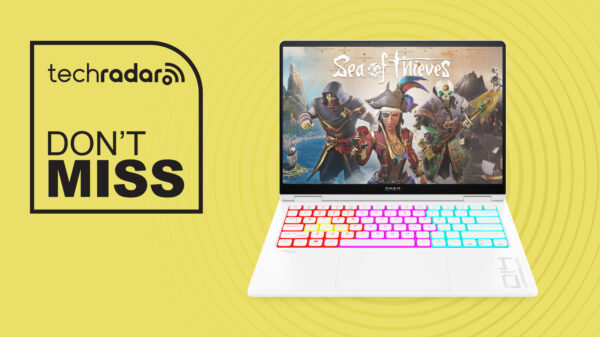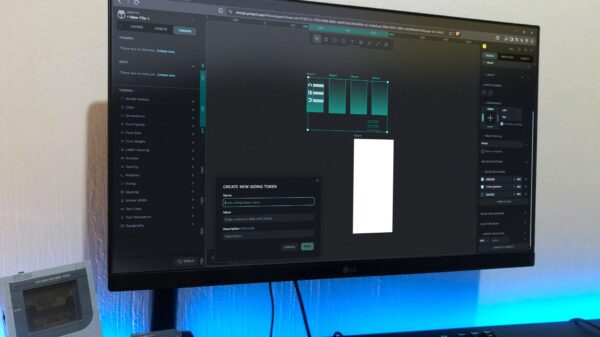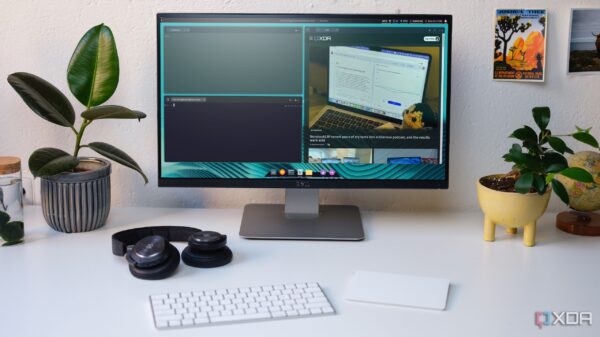BREAKING NEWS: Google has just announced its ambitious project, Aluminium OS, aiming to revolutionize the desktop experience by integrating Android with cutting-edge AI technology. This development, revealed through recent job postings and leaks, indicates a significant shift in Google’s operating system strategy, potentially phasing out ChromeOS by 2026.
The tech giant is set to transform how users interact with their devices, leveraging its vast ecosystem of mobile applications to create a seamless experience across smartphones, tablets, and PCs. Industry insiders report that Aluminium OS will not only streamline workflows for businesses but also enhance user experiences through deep integration with Gemini AI, Google’s latest artificial intelligence models.
This strategic move comes at a critical time for Google, as the traditional PC market is ripe for innovation. While Windows dominates with over 70% market share, and macOS remains a favorite among creative professionals, Aluminium OS could disrupt this status quo by making millions of mobile applications available on desktop platforms with minimal adjustments.
Key Features and AI Integration
Aluminium OS is designed with AI at its core, promising features like intelligent app suggestions, automated workflows, and enhanced security. Tech enthusiasts are already buzzing about the potential for AI-driven functionalities, reminiscent of tools like Microsoft’s Windows Copilot and Apple’s advanced Siri. Google’s robust machine learning capabilities position Aluminium OS as a forward-thinking platform with real-time personalization.
The project aims to introduce multiple product lines, including “AL Entry,” “AL Mass Premium,” and “AL Premium,” catering to users ranging from budget-conscious consumers to high-end professionals. Reports suggest that the premium versions will support advanced hardware configurations, including multiple monitors and high-resolution displays.
Challenges Ahead
However, merging Android’s touch-centric interface with traditional desktop functionality poses significant challenges. Google must ensure that existing ChromeOS users can transition smoothly to Aluminium OS, as not all devices may be compatible. Despite these hurdles, Google reassures users that support for legacy ChromeOS will continue until devices reach their end-of-life.
The gradual rollout of Aluminium OS is expected to debut at Google I/O 2026, with prototypes from partners like Lenovo and Acer possibly available for early adopters. As the tech community awaits more details, the excitement surrounding this integration is palpable.
What’s Next?
As Google prepares for this monumental shift, it faces fierce competition from industry giants like Microsoft and Apple, who have established ecosystems. Additionally, ongoing regulatory scrutiny over antitrust practices may complicate Aluminium OS’s launch, necessitating more openness in app store policies.
In the meantime, developers are eager for tools that will allow them to optimize their applications for this new platform, potentially bridging the gap between mobile and desktop experiences. Google’s emphasis on AI could also lead to innovative features that anticipate user needs, further enhancing the appeal of Aluminium OS.
The tech world is watching closely as Google embarks on this journey to redefine the operating system landscape. If successful, Aluminium OS could become a significant player in the market, especially in emerging economies where mobile-first computing is prevalent. As anticipation builds toward 2026, the potential impact of this project on consumers and businesses alike is immense.








































































